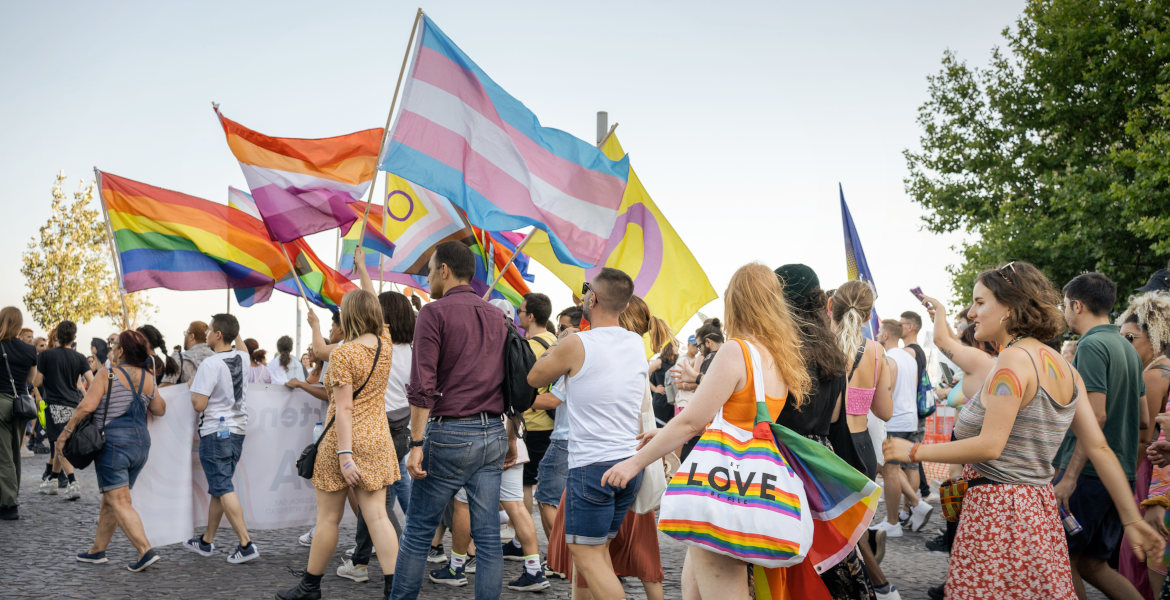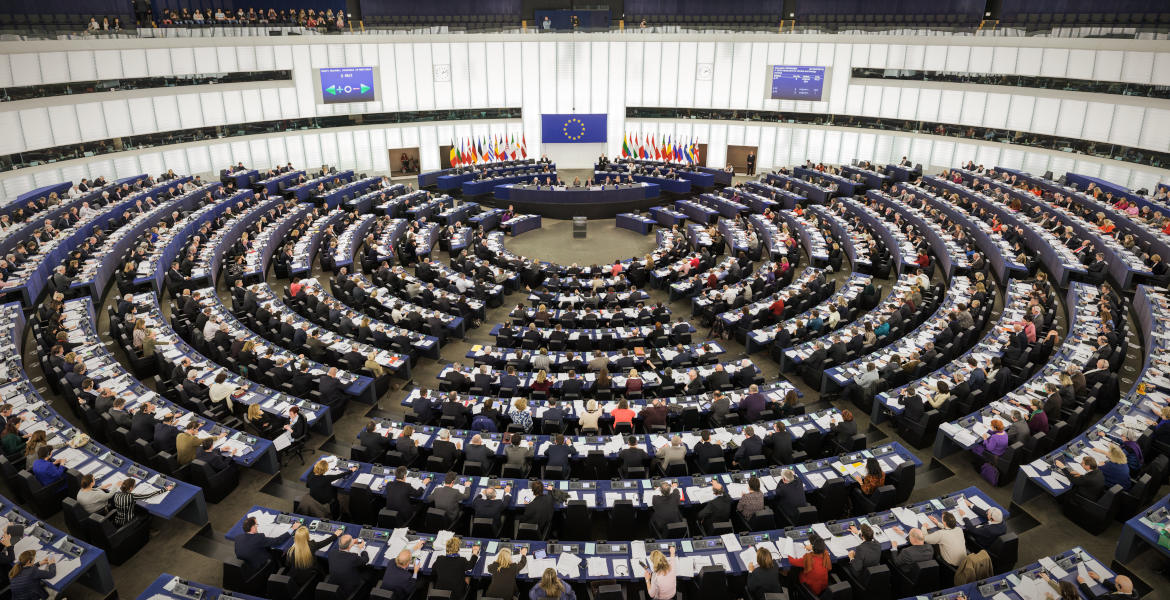The UK Supreme Court is now considering whether trans women should be included in the definition of woman in the Equality Act. The outcome could change the way gender is legally defined in the country in the future.
Last year, Scotland’s Supreme Court ruled that transgender people who call themselves women should be covered by legislation aimed at improving gender balance on public boards. According to the Scottish Parliament, there should be a 50% representation of women, and the law will include those who are not biological women in that definition of woman.
The women’s organization For Women Scotland appealed the bill, arguing that the definition of a woman should only be biological, not legal. The organization points out that the legislation has far-reaching implications for women’s rights.
Legal or biological sex
Now the issue is being taken up in the UK Supreme Court, reports The Guardian. The hearings began on Tuesday and continued on Wednesday.
Since 2004, Scotland has applied the Gender Recognition Act (GRA), which allows transgender people to obtain legal recognition of their gender through a certificate. Two years ago, the Act was extended to allow transgender people to change their legal gender without the need for a medical diagnosis. The question now before the court is whether transgender people should be able to use this definition and identify as women under the UK Equality Act 2010.
“Biological denial”
On Tuesday, Aidan O’Neill, representing For Women Scotland, argued for what he called the “common sense” meaning of the words man and woman, telling the judges that gender is an “immutable biological state”, and that this interpretation is necessary to protect women’s rights. He also highlighted that women have historically been discriminated against through “biological determinism”, where biological differences have been used to limit women’s opportunities.
Now, O’Neill said, women instead face a new challenge in the form of “biological denial”, where biological sex is considered irrelevant
– That is to say that being a woman has nothing to do with biology and it is therefore not open to women to seek to deny men who identify as women and [have a GRC] access to women’s spaces.
“Transphobic”
The women’s organization has been accused of being “transphobic” and transgender people say it curtails their rights. Ruth Crawford, who represents the Scottish Parliament in the court, says the GRA should ensure that “a person who has become the sex of their acquired gender is entitled to the protections of that sex”, according to the BBC.
Harry Potter author JK Rowling has contributed financially to the women’s organization’s appeal and Maya Forstater, founder of the Sex Matters campaign, was also present in court.
The court is expected to give its ruling in a few weeks’ time.








